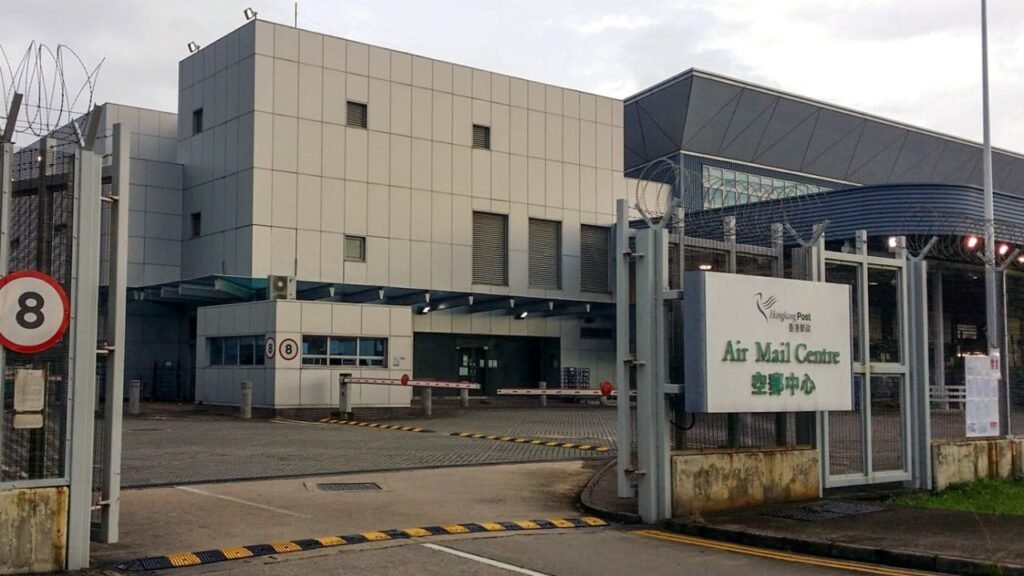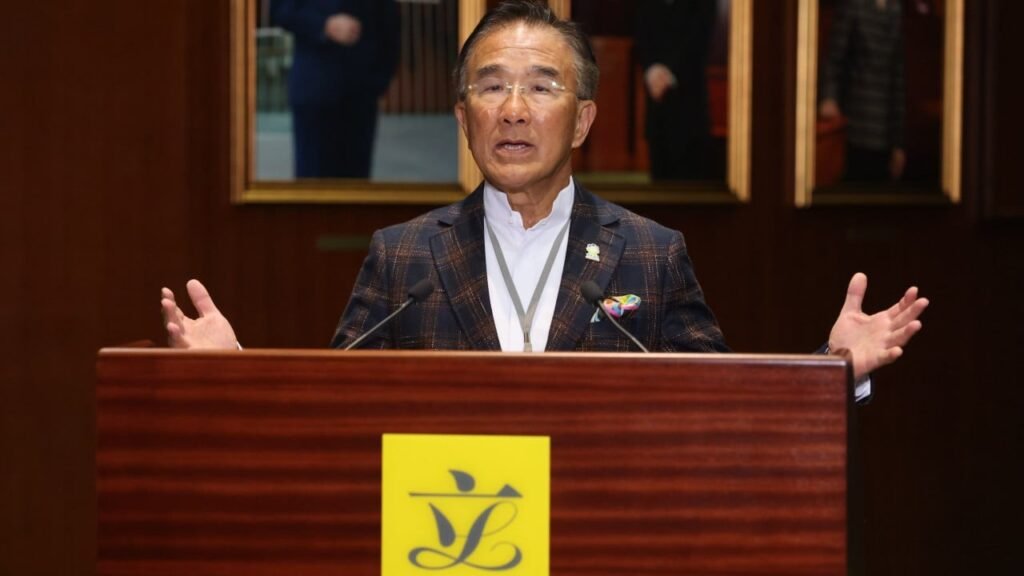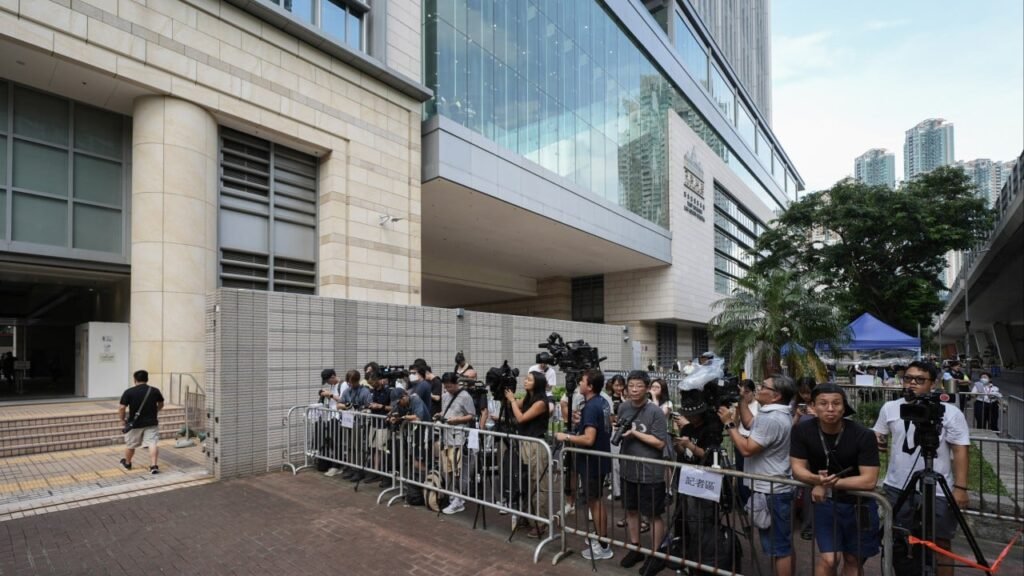Hong Kong IPOs are booming, but international investors are getting squeezed out of allocations by cornerstone investors and ‘clawback’ listing rules that favour retail, forcing funds to use block trades and risk priced liquidity to alleviate the squeeze.
Hong Kong has surged as the top global non-US IPO venue in 2025. In the first nine months of 2025, 66 companies had raised US$23.2 billion. More than 90% of listed IPOs this year are up on listing price, and several have doubled from their first day of trading.
The bigger floats too, have delivered and kept going up from IPO day. Bubble tea chain Mixue priced at HK$202.50, up 45% on its first day, was trading HK$376 on 7 October, up 86% since listing.
Battery giant CATL raised $4.6 billion in May and closed up 16% on day one; it is now trading at HK$547 or 115% above its HK$263 IPO price.
Last month’s US$3.2bn spin-off, Zijin Gold, priced at HK$71.59, surged by 65% on its first day; now trading at HK$144, it trades at 106% above IPO price.
These IPOs illustrate how scarce and in demand HK listed paper is for non-cornerstone institutional investors, exacerbated by ‘clawback’ rules which ensure that oversubscribed retail orders get the lion’s share of allocations.
On trading floors, the appetite for IPOs is real but getting allocations is extra hard.
“We’re all trying to get into these deals,” says George Molina, who leads trading across Asia, emerging markets and Latin America at Franklin Templeton. “Valuations are more realistic than five or ten years ago, but if you’re not in as a cornerstone or anchor—and with retail on top—you’re often competing for maybe a quarter to a third of the book.”
The actual percentages vary widely from deal to deal, subject to consumer brand recognition.
For Mixue, aggregated retail orders were huge with the initial offered tranche of 1.7 million shares oversubscribed 5258 times, triggering the maximum clawback and lifting the Hong Kong public offer retail shares allotted to 8.5m shares (50% of the deal). Cornerstones took 7.7 million shares, or 45%. That left 0.8 million shares or 4.9% in the international tranche for non-cornerstone institutions on day one—essentially a rounding error for global funds.
CATL’s IPO was more friendly to international investors. Despite the retail tranche being 151 times oversubscribed, no claw back was organized. After the greenshoe was fully exercised, the Hong Kong public offer (the retail part) was 10.2m shares (7.5%) and the international offering 125m shares, or 92.5%. Cornerstones investors subscribed to 77.4 m shares, or 57.1%, leaving 48m shares, or 35.4% for non-cornerstone institutions.

Huge retail demand had tightened available liquidity further. “When a deal is oversubscribed, the clawback grows—and Hong Kong now allows ‘double-dipping’, so a cornerstone can also apply in the public offer,” Molina says. “It makes scarce paper even scarcer.” Given the extreme volatility, trying to buy IPO shares in the secondary market via the exchange is a hopeless task, leaving block trading as the only alternative.
Seeking ‘natural blocks’ from traditional sources only helps up to a point, Molina told Global Trading. “Blocks are happening, but you see fewer hedge funds taking the other side, more risk now sits with brokers, and wholesale market makers like Virtu, Jane Street, Citadel and Millennium are providing liquidity because they can hedge it more ways.”
These ELPs are even happy to offer 1 to 2 percent of average daily volume (ADV). Market sources this service is offered for around eight basis point brokerage.
At Franklin Templeton, execution is split accordingly. “Roughly 40% of our Asia flow runs on algos—mainly when we’re at 5% ADV. Above that, we go high-touch and speak to as many brokers as we can. About 50% of our business is high touch,”, Molina said.
New HKEX rules are codifying the squeeze
On 5 August 2025, HKEX and the SFC implemented the IPO price discovery and open market reforms. Issuers now choose between two initial retail allocation frameworks. Mechanism A with a minimum 10% dedicated to retail, with stepped-up clawbacks depending on retail demand, or Mechanism B with a minimum 5% retail with a different clawback ladder. The reforms also relax restrictions on cornerstone investors, expressly allowing participation in both pre-IPO placings and the initial public offering under prescribed conditions (“double-dipping”).
The changes hard-wire larger retail tranches and permit more overlap between cornerstones investors and the public market. This thins the liquidity available to institutional investors.
On big deals, the dynamic collides with index inclusions and reweightings.
Molina said: “Mega deals, think CATL and other $5 billion-plus offerings—get re-weighted into benchmarks pretty quickly, which forces passive money to chase,””
With Q4 pipelines looking busy – as of 30 September 277 companies were in the pipeline according to HKEX – Molina’s team filters hard for deals that can deliver portfolio-relevant size. “If an allocation looks like US$5 million, it may not be worth the work,” he says. “You need early engagement—anchors or cornerstones where feasible—plus targeted high-touch around pricing, pre-agreed channels with brokers and the wholesale market makers, and disciplined aftermarket adds keyed to index events.”
Retail flows remain a real-time signal of possible liquidity squeeze and further post IPO demand. Mixue’s retail book, for example, drew more than HK$1.6 trillion in orders, triggering the top clawback step.
In Hong Kong’s 2025 IPO market, relying on blocks and IPO allocation alone rarely solves the exposure problem. The combination of bigger retail tranches permitted cornerstone “double-dipping,” and fast index inclusion means meaningful positions come from seeking exposure pre-IPO and multi-channel execution.







